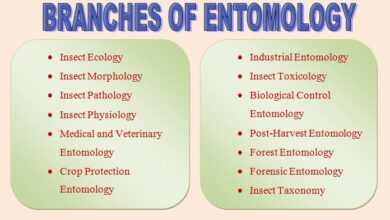ZOOLOGY
What is zoology and its branches
Zoology (also known as zoology) is a branch of biology devoted to the study of animal life. It covers areas ranging from the structure of living organisms to the unity of subcellular life. Some zoologists are interested in the biology of certain groups of animals. Others are interested in the structure and function of animal bodies. Zoologists study animal interactions with each other and their environments, as well as the importance of animal behavior.
Zoology began to emerge as a science in the 12th century and was dominated by anatomy studies and efforts to classify animals. Zoology today is as diverse as the animal kingdom it is studying, extending its range to areas such as genetics and biochemistry. It is now a multidisciplinary field that applies a wide variety of techniques to gain knowledge of the animal kingdom. For example, the genetic study of DNA from different animals can provide insight into its evolutionary history. Zoologists who focus on morphology (studying the structure, including muscles, bones, cells and cellular components) use many techniques first developed in the biochemistry laboratory.
What are the different branches of zoology
First of all, basic zoology has evolved from two main categories
Invertebrates – animals that do not have a vertebral column, for example. Insects, worms, etc.
Vertebrates that have a vertebral column, for example. Birds, fish, mammals, etc.
Further subcategories of the above divisions are
helminthology-study of helminths
Nematology- the study of worms, or nemathelmintheses
Entomology- Study of insects
Ornithology – the study of birds
Mammology- the study of mammals
Apart from these basic subsections, there are more categories if you enter depth.
Biotechnology – deals with bioengineering
Reproductive biology – deals with reproductive health
Genetic- the study of genes
Neurobiology- Study of the of the nervous system
Toxicology – deals with toxic substances that can harm animal diversity
Cell biology – the study of different cell types in the body of the organism
Molecular biology – the study of molecules
Limnology-study of the diversity of lakes and rivers having zoological importance
Ichthyology-study of fishes
Hepatology-study of liver
Cardiology-study of heart
Biochemistry – the study of chemistry + biology
Wildlife Study

